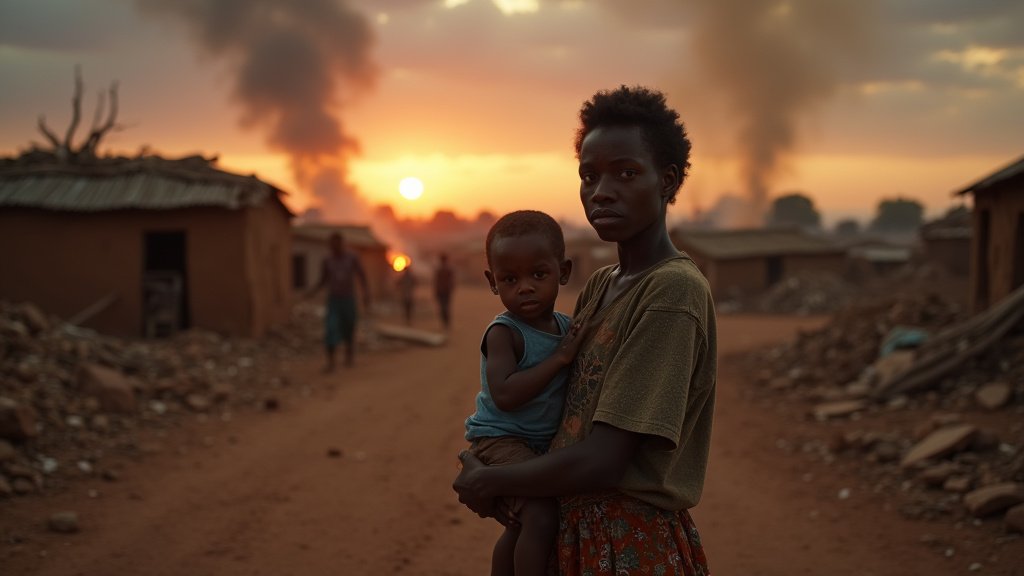South Sudan: Communal Violence the Primary Driver of Conflict
JUBA, SOUTH SUDAN – Communal violence continues to plague South Sudan, serving as the primary catalyst for conflict and inflicting a heavy toll on civilians. A recent update from the UN Mission in South Sudan (UNMISS), covering the period from July to September 2024, paints a grim picture of escalating violence, marked by a surge in abductions and combat-related sexual violence compared to the previous year.
The UNMISS report reveals a distressing rise in attacks against non-combatants during the specified timeframe. According to the report, 299 civilians were killed, 310 were injured, and 151 were abducted. The scale of the casualties underscores the ongoing instability and the severe impact of the conflict on the lives of ordinary South Sudanese citizens. Warrap State bore the brunt of the violence, accounting for a staggering 60% of the total casualties. Meanwhile, Central Equatoria State experienced the highest number of abductions, indicating a shift in the geographical hotspots of violence within the country.
Tensions and Threats in Greater Equatoria
Beyond the immediate impact of communal violence, the UNMISS update also highlighted the persistent tensions between government security forces and splinter groups from the National Salvation Front. These tensions continue to pose a significant threat to civilians, particularly in the Greater Equatoria region. The ongoing clashes and acts of aggression represent a violation of previously agreed-upon terms, further complicating efforts to achieve lasting peace and stability. The situation underscores the fragility of existing ceasefire agreements and the urgent need for all parties to adhere to the principles of civilian protection and respect for human rights.
UN Condemnation and Efforts to Protect Civilians
UNMISS Head Nicholas Haysom has issued a strong condemnation of the escalating violence, specifically targeting the alarming increase in attacks against women and the rising number of abductions. He reiterated the mission’s commitment to protecting civilians caught in the crossfire. The UN peacekeepers continue to work tirelessly to mitigate the impact of the conflict, providing security and humanitarian assistance to those most in need. Haysom’s statements reflect the international community’s growing concern over the deteriorating security situation and the urgent need for concerted efforts to address the root causes of the conflict.
Efforts to de-escalate the situation and bring about a sustainable peace are ongoing, with numerous attempts at ceasefire agreements between government and opposition forces. However, these attempts have often been met with setbacks, and the cycle of violence persists, causing untold suffering among the civilian population.
Humanitarian Concerns Elsewhere
In a separate incident, the UN World Food Programme reported that an aid convoy in Gaza was targeted by Israeli forces on Sunday. The incident involved three vehicles carrying eight staff members, all of whom escaped serious injury. However, the attack, which took place at the MA’AN Development Center facility, left those on the ground shaken. According to the UN agency teams, the strike was followed by people screaming. The incident underscores the precarious environment in which aid workers operate and the challenges they face in delivering humanitarian assistance to those in need.
The ongoing violence in South Sudan and the attack on the aid convoy in Gaza highlight the urgent need for international cooperation and a renewed commitment to protecting civilians in conflict zones. The UN and other humanitarian organizations continue to play a critical role in providing assistance, monitoring human rights, and advocating for peaceful resolutions to these complex and volatile situations.

